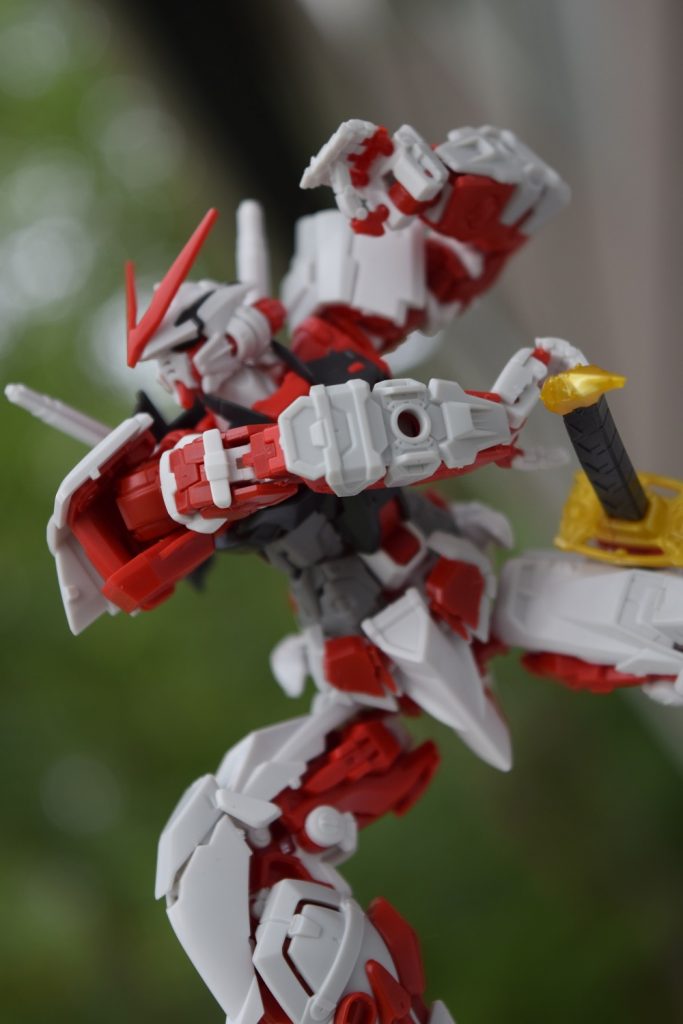(Cross-post from Iyashikei)
People respect people who stick to their guns.
This doesn’t always have to manifest in stubbornness and hardheadedness. Sometimes, it’s enough to just be able to articulate your position enough to explain it to others. Unfortunately, a lot of anime fans stall at this point, unsure of how to explain their love of anime to “normal people” without being awkward or weird about it. As a result, many are quick to downplay or hide their love for anime, as that’s easier than stumbling through a half-thought-out, awkward explanation of what they like it.
Back when I was president of my college’s anime club, I often had to explain the appeal of anime to important members of the faculty and to parents of new students checking out the clubs. In addition, as a business owner running an anime figure store, I regularly have to explain the anime figure market to other businessmen, in a networking context.
As a result, I had to learn how to accurately put anime and otaku culture into context for uninitiated people while keeping things simple enough for them to follow. To accomplish that, I put into practice a combination of the following techniques:
Start With What They Might Know
Sailor Moon. Dragonball Z. Spirited Away. How’s Moving Castle.
All of these anime are in the public eye to a greater extent than others. Miyazaki films are particularly good candidates. In addition, drawing parallels to recent Hollywood movies based on anime, like 2017’s Ghost in the Shell, or the upcoming Alita film can also be useful. This is to establish context, so people have some basic idea of what anime is.
Speak To Emotion

This is as opposed to dumping knowledge, as tempting as that might be. The uninitiated aren’t terribly interested in learning the top land speed of a Zaku II Kai (103 km/h, by the way). They need to feel something first, and for that, it’s necessary to speak to emotion.
Excitement, sorrow, laughter, joy. Articulate everything anime does for you emotionally. Don’t be afraid to be a bit grandiose, either. The goal is to get people to understand why you love the art form (And maybe get them into it as well!).
Draw Interesting Parallels

People aren’t interested in the intricacies of anime, but they’re often intrigued to learn more about things they do know about. A surprising amount of media many people are familiar with is inspired by anime. The Matrix was inspired by Ghost in the Shell and Akira. Pacific Rim was inspired by an entire genre of anime.
Avoid Jargon

I tend to follow up the first mention of the term “anime” with “Japanese animation,” just to give my audience further context. This goes doubly when I talk to people about my anime figure business. I don’t sell “anime figures” and “figma.” I sell “Figurines and action figures based on characters from Japanese animation.” A bit long-winded, but it leaves fewer people confused. It also leaves room for follow-up questions like, “Why Japanese animation in particular?” which could lead into a well-contextualized explanation of what sets anime fans apart from fans of other media.
Speak With Conviction And Passion

This goes above all else. Look people in the eye. Speak normally. Smile. You can’t come off as ashamed or apologetic. There’s nothing to be ashamed about or apologize for. There are few things less attractive than feeling the need to apologize for something you’re into. It’s low-confidence behaviour, and people pick up on it fast.
Having the confidence and the competence to make your interests sound appealing, however, commands the respect of others. Expertise is expertise, and expertise enough to explain a niche topic in an engaging manner is impressive to people.
Can you relate? What techniques have you tried?
Post down in the comments!
